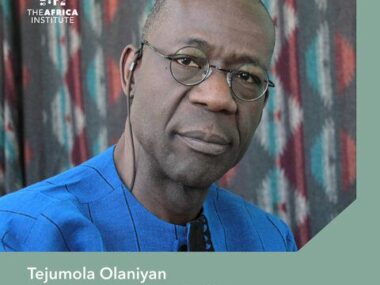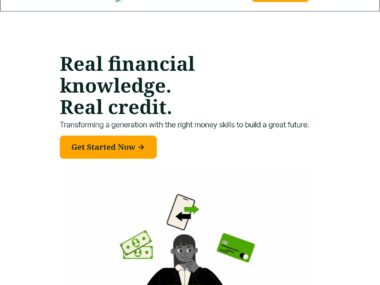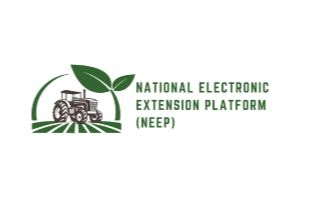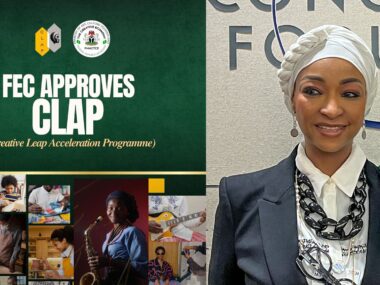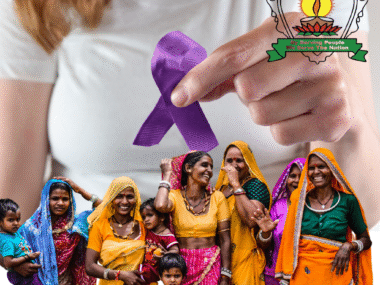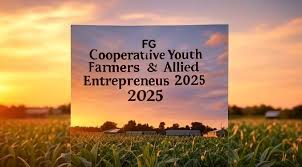Step-by-Step Guide for Filling the Rapid Response Register (RRR) and National Social Register (NSR) ₦75K Cash Transfer Form
Are you wondering how to apply for the ₦75,000 Federal Government cash transfer in 2025? You’re not alone — millions of Nigerians are seeking guidance on how to register for this vital support.
With over 60 million Nigerians already captured in the Rapid Response Register (RRR) and National Social Register (NSR), the program continues to expand to accommodate more households living in poverty.
In this simple guide, we’ll walk you through:
- What the RRR and NSR are
- Who is eligible
- How to register
- What to expect during and after registration
- Answers to frequently asked questions
Overview of the ₦75,000 Cash Transfer Program
Launched on October 17, 2023, by the Federal Ministry of Humanitarian Affairs and Poverty Alleviation (FMHAPA), the ₦75,000 conditional cash transfer is part of the government’s strategy to reduce poverty and cushion economic hardship.
The cash is disbursed in three phases to eligible households listed in either the NSR or RRR. Each beneficiary receives ₦25,000 per phase, totaling ₦75,000.
The program is managed by the National Social Safety-Nets Coordinating Office (NASSCO).
What Are the NSR and RRR?
National Social Register (NSR)
The NSR is a database of poor and vulnerable Nigerians compiled through community-based targeting:
- Trained Enumerators visit communities.
- They collect household data (income, size, shelter, etc.).
- Information is verified by the State Ministry of Planning before being uploaded to NASSCO.
Only households confirmed to be in real need are included.
Rapid Response Register (RRR)
The RRR was created to respond to emergencies like the COVID-19 pandemic. It follows a similar data collection model as the NSR but is faster and focuses on urgent poverty cases.
Each state has its own data team working in collaboration with NASSCO.
How to Register for the ₦75,000 Cash Transfer in 2025
IMPORTANT: There is no online registration form. All registrations are conducted face-to-face in local communities.
Steps to Register:
- Visit Your State’s Ministry of Planning
Ask if the registration is ongoing in your area and how to meet the community Enumerators. - Meet with Enumerators in Your Community
These are trained officials visiting homes to collect household data. - Call 969 for Assistance
Dial 969, the official helpline for NASSCO, for guidance or to verify the process in your location.
What to Expect During Registration
Enumerators will ask:
- Your income level
- Number of people in your household
- Daily living conditions
- Type of housing
You may be asked to present valid ID such as:
- National Identification Number (NIN)
- Voter’s Card
- Other local ID documents
Once your data is reviewed and verified, you’ll be notified if you’re eligible for the ₦75,000 cash transfer.
Also Apply: Apply For Federal Government Labour Employment and Empowerment Programme (LEEP)
Why This Program Is Important
- Helps families afford food, school fees, healthcare, and rent
- Reduces poverty and financial stress
- Being listed in NSR or RRR also qualifies you for future government support programs
Why You Should Register Now
- Registration is ongoing in many states — don’t wait!
- Missing the registration could exclude you from not just the ₦75,000 but also other upcoming government interventions.
- Registration is completely FREE.
❌ Do not pay anyone. If anyone asks for money, report them — it’s a scam!
Also Apply: Federal Government Opens Applications for Data Protection Training for Nigerian Youths
Frequently Asked Questions
Q1: Can I register online?
No. Registration is strictly offline and conducted by trained enumerators or at your state’s Ministry of Planning.
Q2: Can I register via SMS or phone?
No, but you can call 969 for inquiries or support.
Q3: I registered last year. Do I need to register again?
Not necessarily. However, if your name doesn’t appear on the updated verified list, you may need to revalidate your data.
Q4: How do I know if I qualify?
You likely qualify if you:
- Are unemployed or underemployed
- Live in a poor or rural area
- Struggle to afford basic needs
- Have a large household with no stable income
